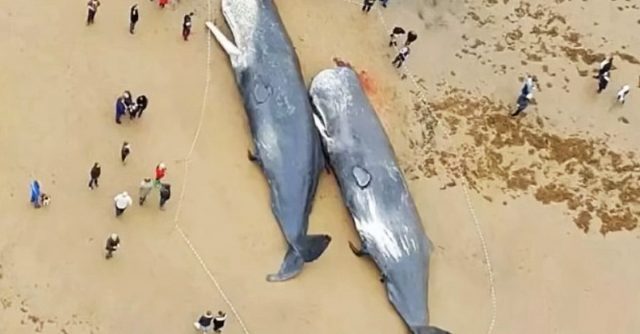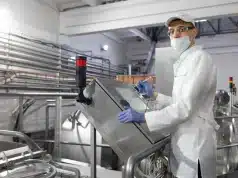It’s happening. Doomsday is just around the corner.
And we are the only ones responsible for that.
Plastic pollution is an issue that is weighing us all down, yet it seems that buying a plastic water bottle every 5 minutes instead of carrying a reusable bottle with is much easier for us. We keep spending our money without thinking about the consequences, and in the meantime, our planet is suffocating.
The statistics show that about 300 million tons of plastic are produced globally each year. What’s even scarier is the fact that only 10% of that is recycled. The rest is burned and trashed everywhere around us, mostly ending up on the landfills.
However, there is also an estimated seven million tons of plastic that end up in the seas and the oceans each year. Do you have any idea how many of the plastic bags, cups, toothbrushes, bottles that you throw away every day end up in the stomachs of marine animals and eventually kill them?
Probably not. But here’s the rough estimate. Approximately 100,000 marine creatures a year die from plastic entanglement. And these are the ones that are actually found.
Birds? 1 million a year.
Not to talk about the fact that there is a grim collection of whale carcasses decomposing all over the world, and the only cause of their death is plastic pollution. A few months ago, a female, pregnant whale was found dead on a Philippine beach with 88 pounds of plastic in its body. Another was also washed ashore in Indonesia with more than 1,000 assorted pieces of plastic inside of it.
But that is not all. Sperm whales, the creatures that are high on the list of endangered species are also affected. One was found dead on the Murcia coast in southern Spain one year ago and it wasn’t until a few months passed that they discovered that his body was filled with 64 pounds of plastic waste, net, ropes, and other trash.
All of these poor creatures are dying because of our ignorance and greediness. They mistake the trash for prey, and they ingest it thinking that they’ve found food. This gives them the sensation that they are full, when in reality their digestive systems are slowly damaging. The litter gives them the sensation that they are full, which reduces their need to eat, which leads to malnutrition and eventually death.
Not to mention all the other poor, marine animals that suffer the same, tragic fate. They end up dying choked, suffocated and intoxicated by the plastic that we use every day.
Meanwhile, plastic production is only increasing, and plastic pollution is only getting worse. Research has shown that over 70% of marine litter is actually non-degradable plastic. This is expected to triple in 10 years or so. In fact, experts believe that if continue littering our planet at this rate, plastic could actually outweigh fish in the world’s oceans by 2050.
This should be our warning red flag that gives us a preview of our worth nightmares!
But it somehow seems that it isn’t.
Humanity is responsible for this mess and we are the only ones that have to fix it. That is if we want to survive as species. It is not going to be easy, but we have to understand that every effort matter. A change, no matter how small it is, it is still a change. One by one, we can create the chain of global changes and preserve what’s left of our home. But we have to start today! And we have to give our best efforts to change our harmful habits!
Otherwise, we won’t last longer than 2050.
Here are a few simple things we should all start doing if we want to protect our home:
1. SAY NO to plastic bags.
2. Give up on using plastic straws – instead purchase reusable, glass or steel straws.
3. Stop buying bottled water and invest in a reusable bottle that you can carry around with you.
4. Clean with vinegar and baking soda instead of chemicals.
5. Use diapers made of cloth instead of plastic ones.
6. Reduce, recycle, reuse MORE.
7. Don’t buy take away coffee, smoothies or food in plastic cups, plates, and lids.
8. Carry your own container or a cup if you are eating outside.
9.Use matches instead of plastic lighters.
10. Pick up trash no matter whose it is.
Consider that adopting these habits is only scratching the surface. They are the basics. But they are still some change. Just image how much impact we could have if each and everyone started doing this starting today.
So, what are you waiting for?! The time is now!





